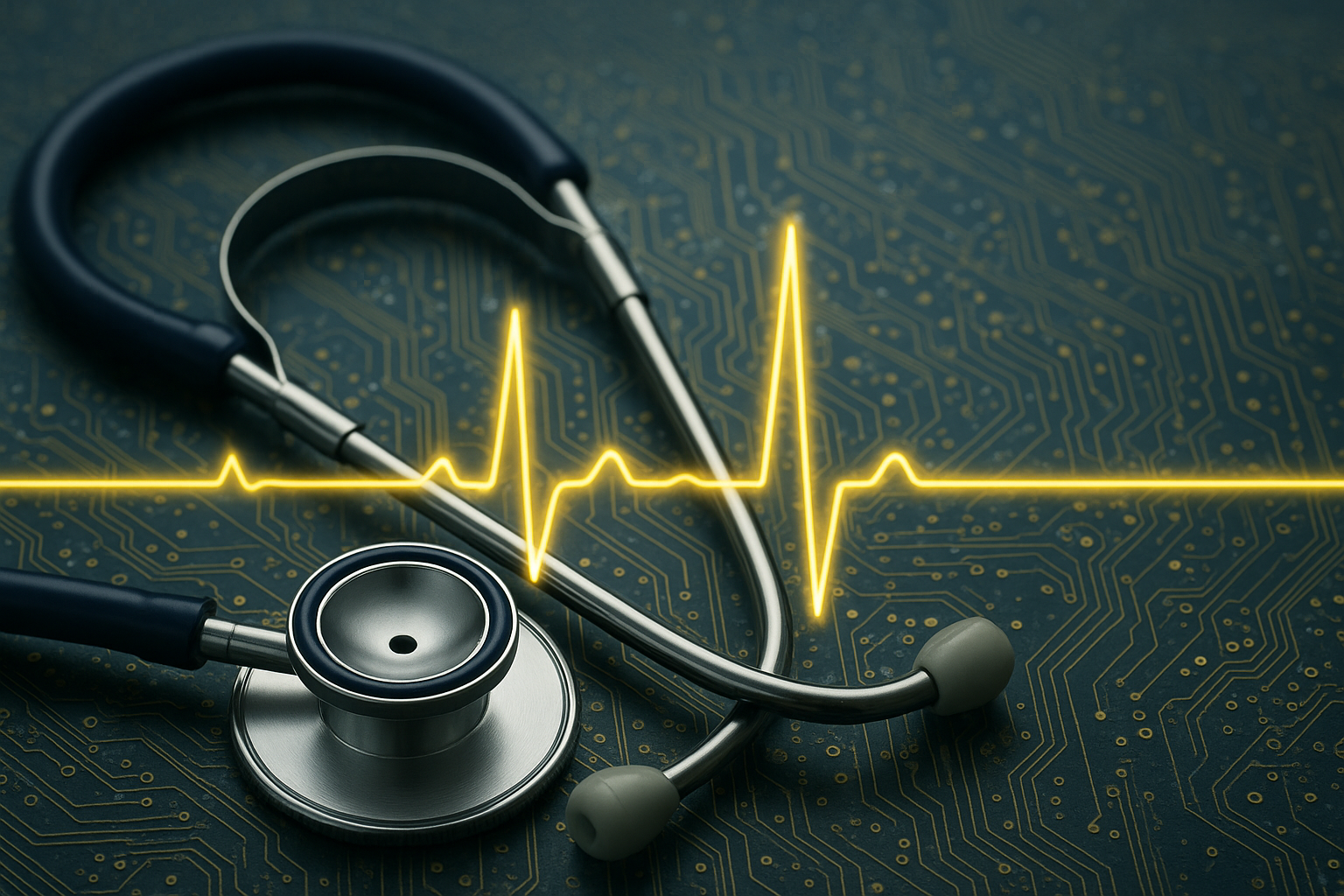Sectors of the German economy with the strongest innovation and exports continue to be under pressure from European MDR

As one of Germany's most innovative and export-oriented economic sectors, the German medical technology and medical device industry is under considerable structural change and regulatory pressure as a result of the Medical Device Regulation (MDR). A recent analysis by the WIFOR Institute on behalf of the Federal Ministry of Economics and Energy documents the far-reaching effects of the EU regulation, which has been in force since 2021, on companies, innovation and competitiveness.
Economic significance and sector structure
The German medical technology and medical device industry is one of the most economically important sectors of the German economy. It generated direct gross value added of 19.7 billion euros in 2024 and employed around 212,100 people. With an export volume of 31.8 billion euros and an export ratio of 68 percent, it underlines its international significance and competitiveness.
The sector comprises over 1,500 companies, 93 percent of which are small and medium-sized enterprises. Total turnover reached 41.4 billion euros in 2024, which represents growth of 2.5 percent compared to the previous year. These figures illustrate the outstanding role of medical technology as an engine of innovation and export for the German economy.
Effects of Medical Device Regulation (MDR)
Regulatory tightening and compliance challenges
The Medical Device Regulation (EU 2017/745), which has been in full force since May 2021, has massively increased the requirements for product approval, clinical evidence and documentation. Current industry surveys show dramatic effects on companies:
- 97 percent of all companies continue to have significant problems implementing MDR
- More than 70 percent of companies have already had to remove products or entire product lines from the market
- Documentation costs rose by 111 percent, certification costs by 124 percent
Explosion of costs and economic burdens
The industry's total costs for MDR implementation are estimated at 7-12 billion euros. These huge investments are affecting companies' liquidity and innovative capacity in particular. The regulatory adjustments result in:
- Extended certification process with costs of up to 500,000 euros per individual certification
- Procedural durations that have tripled for 37 percent of companies
- Certification costs of 2-5 percent of annual turnover for small and medium-sized enterprises
A particular burden for SMEs
Small and medium-sized companies, which form the backbone of the German medical technology industry, are disproportionately affected by the MDR effects. 91 percent of these companies remove products from the market due to excessive certification costs. This results in:
- Reduced product range and fewer special solutions for niche markets
- Concentration on a few, high-turnover products
- Shifting development resources from innovation to compliance
- Potential market exit of smaller providers
Innovation under regulatory pressure
Despite a strong innovative performance with 1,487 patent applications in 2024 and the position as the second-strongest European medical technology sector, regulatory hurdles are significantly hampering innovation momentum. Pioneering areas of technology are particularly affected:
- Artificial intelligence in medical technology: Longer market access times through complex algorithm validation
- Robotics and automation: Increased requirements for safety credentials
- Digital twins and IoT solutions: New challenges in cybersecurity and data integrity
Many companies are stopping or postponing development projects and product optimizations due to regulatory uncertainties. Experts warn that up to 30 percent of all medical devices could disappear from the market in the long term.
International competitiveness and export development
The high export orientation of the German medical technology sector, with a focus on the USA (19 percent) and China (8 percent) of exports, is coming under pressure as a result of MDR implementation. The extended and cost-intensive EU approval procedures result in:
- Competitive disadvantages compared to non-European manufacturers
- Possible investment transfers to simpler regulatory markets
- Delays in bringing innovative products to market
Reform efforts and future prospects
The European Parliament called for urgent MDR reforms back in October 2024. The proposed measures include:
- Fast-track processes for innovative and proven products
- Special support programs for SMEs and niche products
- Transparent schedules and calculable fee structures
- Reduction of unnecessary bureaucratic requirements
- Inventory protection for established, safe medical devices
conclusion
The German medical technology and medical device industry is in a critical phase of transformation. While MDR strengthens important patient safety aspects, the disproportionate regulatory burdens threaten to jeopardize Germany's innovative and export leadership in this strategically important sector. Without pragmatic adjustments to the regulation, Germany could lose its position as a leading medical technology location in the medium term.
Source: WIFOR Institute for Economic Research (2024): RESEARCH REPORT Medical technology and medical device industry in Germany under the sign of Medical Device Regulation. Commissioned by the Federal Ministry for Economic Affairs and Energy. Available at: https://www.bundeswirtschaf tsministerium.de/ editory/de/publications/ economy/healthhe itswirtschaftt-medizintechnik- medizinproduktebranche-im-zeichen-der-medical-device-regulation.html (remove space for link)
Additional sources:
- Federal Association of Medical Technology (BVMed): Facts and figures about MDR
- SPECTARIS - German Industry Association for Optical, Medical and Mechatronic Technologies: Yearbook 2024/25
- Chamber of Industry and Commerce: Situation of medical device manufacturers 2025
Status: August 2025
MEDIACC supports you in clinical evaluations and clinical trials of medical devices. Feel free to arrange an initial non-binding appointment with us!
Show the medical benefits of your product
With our many years of experience and expertise, we offer effective solutions to demonstrate the medical benefits of your product.
From the conception to the execution of preclinical and clinical investigations, we support you with customized services.
Find out how MEDIACC can help you achieve reimbursability for your products.
